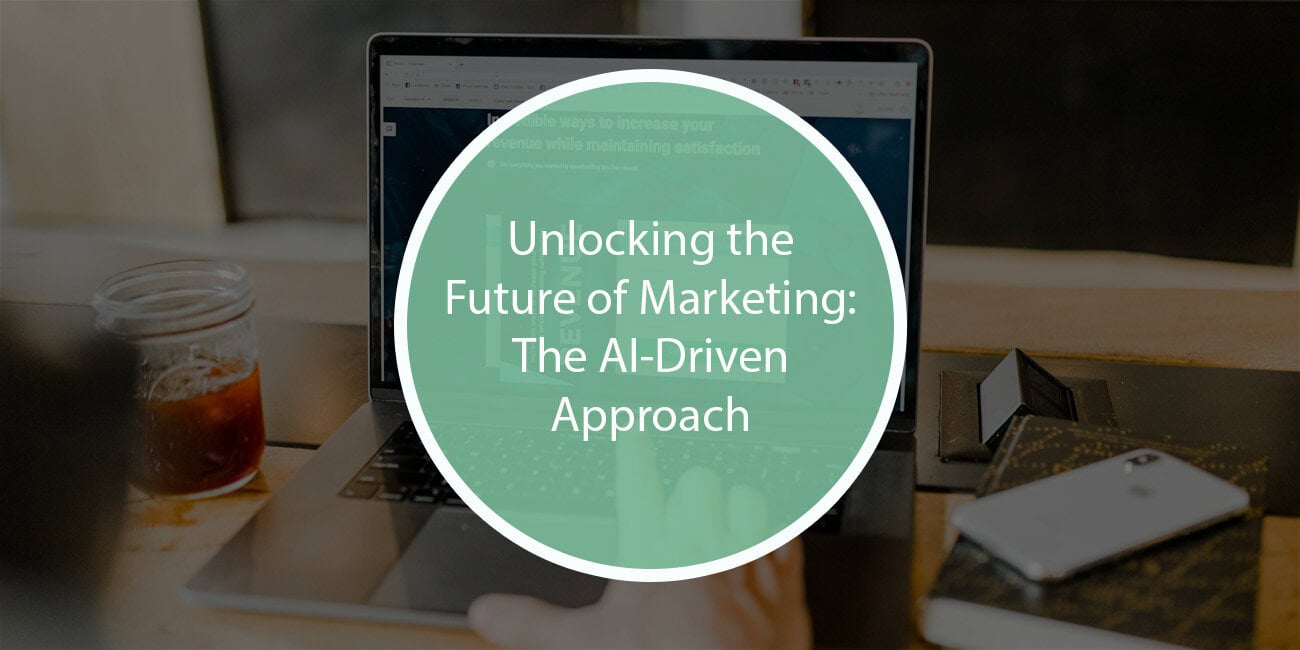Artificial intelligence (AI) is revolutionizing the way businesses approach marketing, offering tools that can uncover deep insights into customer behavior, optimize campaigns, and create tailored experiences.
By leveraging AI-driven technologies like content recommendations, automated ad targeting, and predictive analytics, companies can remain competitive in an increasingly digital landscape. However, integrating AI into marketing workflows comes with challenges.

AI-Driven Customer Insights: Understanding Consumer Behavior
AI tools analyze vast amounts of data to identify patterns and trends that were previously inaccessible. By studying customer purchase histories, online interactions, and feedback, AI provides marketers with actionable insights into consumer preferences and behaviors.
One leading application of AI is in predictive modeling, where algorithms forecast customer needs based on historical data. Businesses using AI can anticipate demand, tailor their inventory, and provide timely recommendations to their customers.
Optimizing Campaigns With AI-Driven Tools
AI enables automated ad targeting, which ensures advertisements are delivered to the most relevant audience segments. This reduces wasteful ad spending and increases the effectiveness of marketing campaigns.
AI tools help businesses allocate their marketing budgets efficiently. By analyzing campaign performance in real-time, AI can adjust spending to focus on high-performing channels.
Personalization at Scale With AI
AI platforms can curate personalized content for users based on their preferences and behaviors. For example, streaming platforms use AI to suggest shows, while e-commerce websites recommend products based on browsing history.
Email marketing has been transformed by AI. Businesses can now create highly personalized emails that resonate with individual recipients, improving open rates and conversion metrics.
Predictive Analytics: Anticipating Market Trends
Predictive analytics tools identify emerging trends, helping companies stay ahead of their competition. These insights guide product development, marketing strategies, and customer engagement initiatives.
By analyzing seasonal patterns, AI can help businesses adjust their strategies to maximize sales during peak periods. This has been particularly impactful for retail and hospitality industries.
AI’s Role in Marketing Automation
AI automates repetitive tasks, such as data entry and campaign scheduling, freeing marketers to focus on strategy and creativity.
With AI, marketers can make real-time decisions based on data, improving response times and overall efficiency.
Challenges in Integrating AI Into Marketing
Implementing AI requires significant investment in technology and expertise, which can be challenging for smaller businesses.
AI use raises ethical concerns, such as data privacy and bias in algorithms. Companies must navigate these issues to maintain consumer trust.
Practical Steps for Businesses to Leverage AI
Companies need to evaluate their current infrastructure and data management practices to determine their readiness for AI integration.
Collaborating with AI solution providers can accelerate adoption and ensure access to cutting-edge tools tailored to business needs.
Industry Example: AI-Driven Marketing Success
One example of a company taking advantage of AI in their industry is how Bet365 promotions in Virginia have embraced artificial intelligence to refine their marketing efforts. By leveraging AI-driven data insights, they deliver personalized offers and recommendations, better connecting with their audience and boosting customer engagement.
Beyond specific cases, AI is empowering companies in industries ranging from finance to entertainment to improve their marketing effectiveness.

The Future of AI in Marketing
Technologies like natural language processing (NLP) and computer vision are poised to further transform marketing by enhancing customer interactions.
As AI adoption becomes widespread, businesses that fail to embrace these tools risk falling behind their competitors. Staying informed and adaptive will be critical for success.
Embracing AI for Marketing Success
AI’s transformative potential in marketing cannot be overstated. From delivering personalized experiences to optimizing campaigns and anticipating customer needs, AI is an indispensable tool for modern businesses.
To harness the power of Artificial Intelligence (AI), businesses must start small, invest in talent and technology, and remain agile in their marketing strategies.

